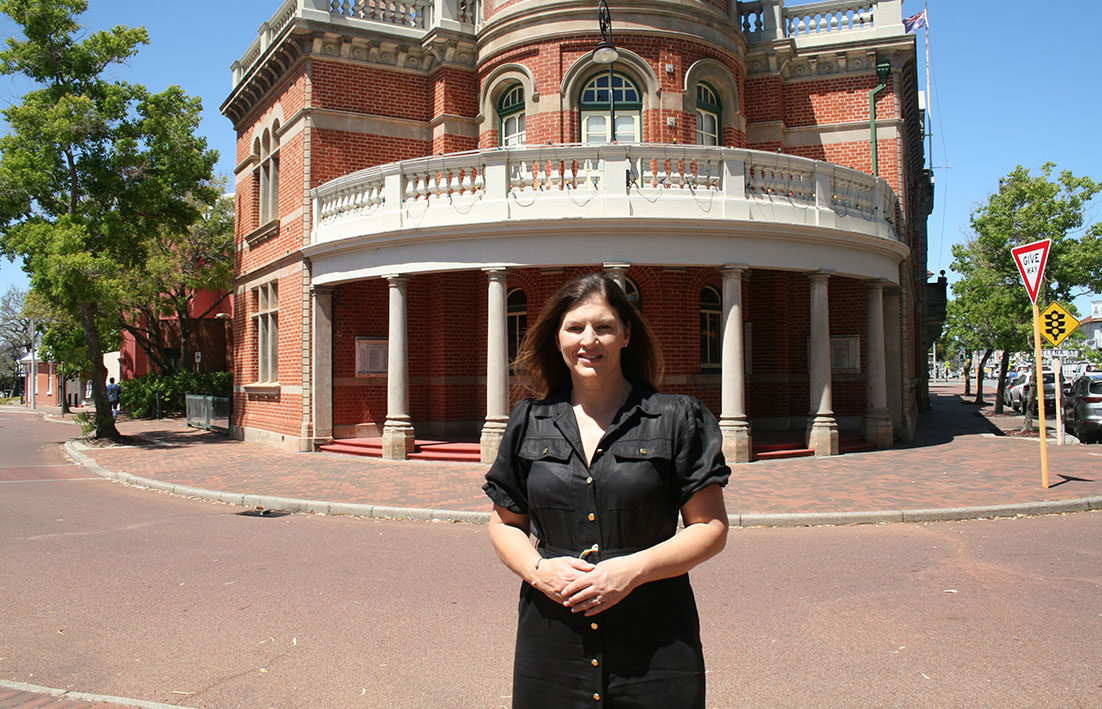
There were quite a few local government contests where preferences allowed under the new optional preferential voting made a difference, including in the City of Swan, according to University of Notre Dame politics and international relations professor Martin Drum.
Dr Drum said obviously the headline race in the City of Swan was the mayoral race where no candidate received more than 20 per cent of the vote.
“In this case we can see the benefits of preferential voting as many voters chose to preference the eventual winning candidate (Tanya Richardson), enabling her to win from second position in the primary votes,’’ he said.
“This is a better reflection of the choice of voters across the council area.”
But the optional preferential voting is not popular with everyone and the only readers to contact Echo News about the new system have not been in favour of it.
In his letter Party Politics (Echo News, October 27) Gooseberry Hill resident C Coulthard said preferential voting only worked at a state and federal level, so if a preferred candidate was not successful the voter hoped their preference would help a candidate with similar political leanings.
Dr Drum said the system for counting preferences in local governments was the same as it was for state and federal elections.
“Whilst fair, the system for allocating preferences in multi-member electorates is very confusing and most voters would struggle to understand it.’’
Due to counting errors the results of the City of Swan local government election were not declared until late on the afternoon of Thursday, October 26, six days after polls closed.
The Western Australian Electoral Commission (WAEC), which the city appointed to run the election at a cost of $524,000, ordered two recounts of the mayoral vote because of counting “discrepancies”.
The WAEC spokesperson said on Monday, October 23 the returning officer identified a number of ballot papers had not been included in one of the initial counts.
“These were postal ballot papers handed in by electors on Saturday, October 21 at polling locations in the City of Swan – they were not returned by post,’’ the spokesperson said.
Dr Drum said it appeared the problem lay with the staff more than the voters.
“There appeared to be some counting errors across a number of councils, which may have been linked to staff yet to familiarise themselves with the new system.
“If the issue is ballot papers not being included in counts, this is a logistics error and not related to preferential voting.
“Postal ballot papers handed in on the day were not placed into a correct category.’’